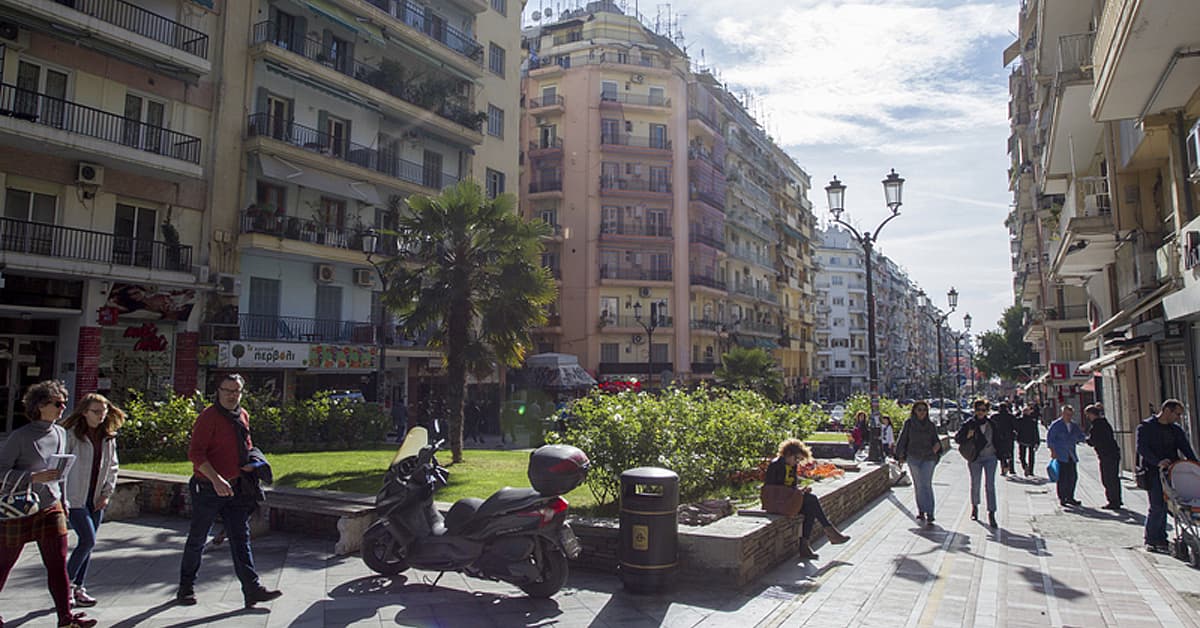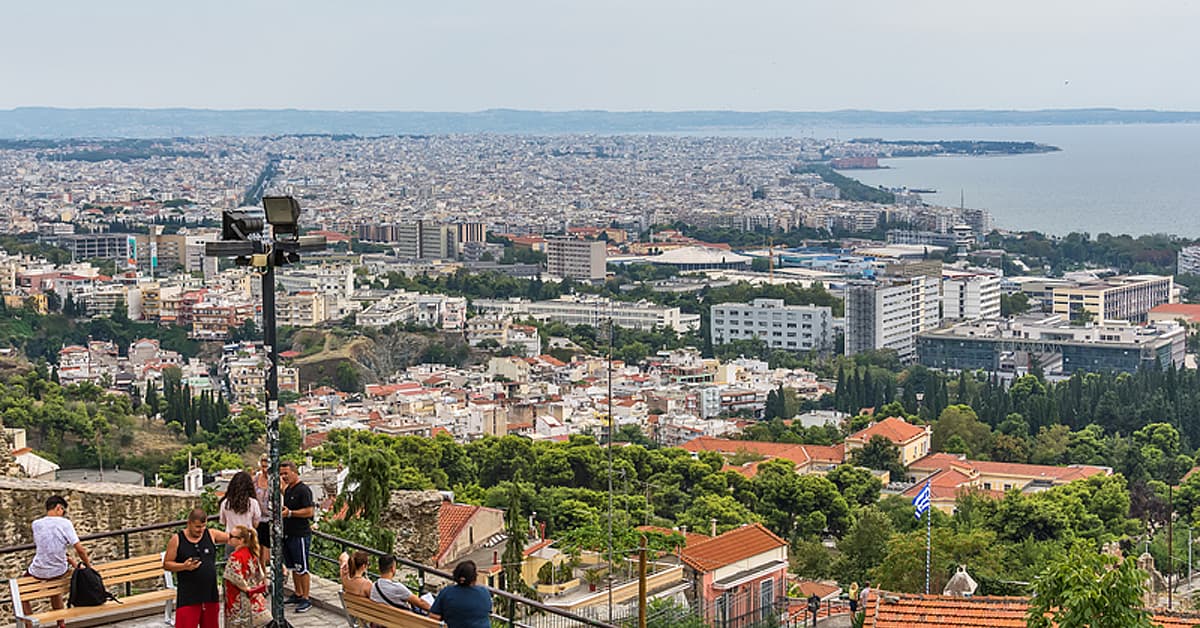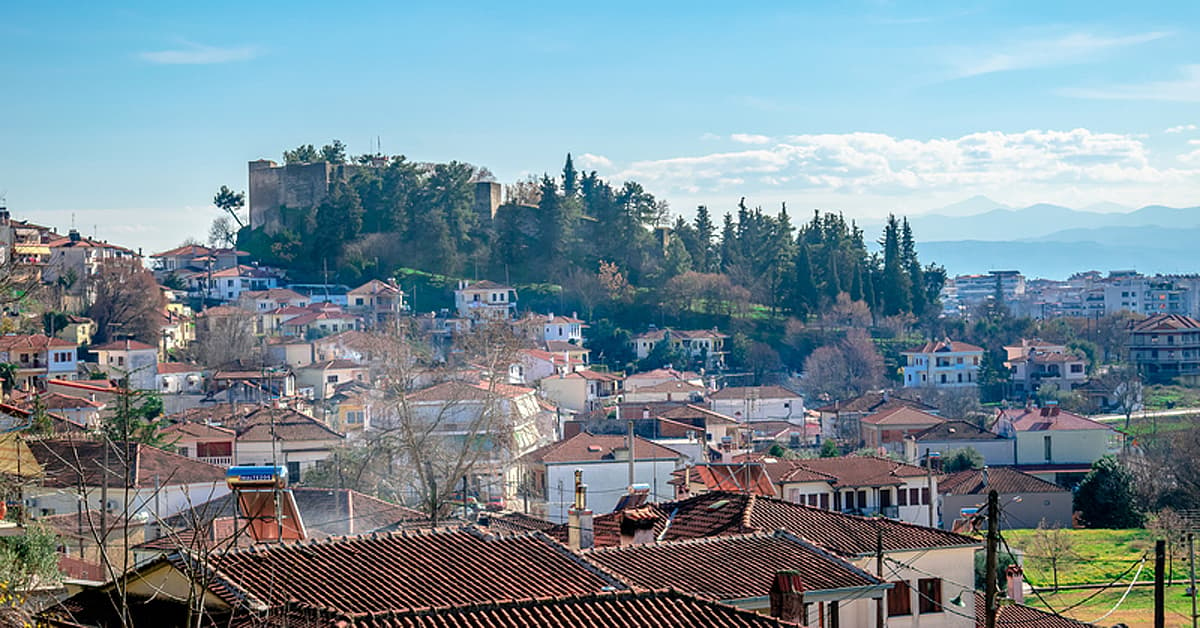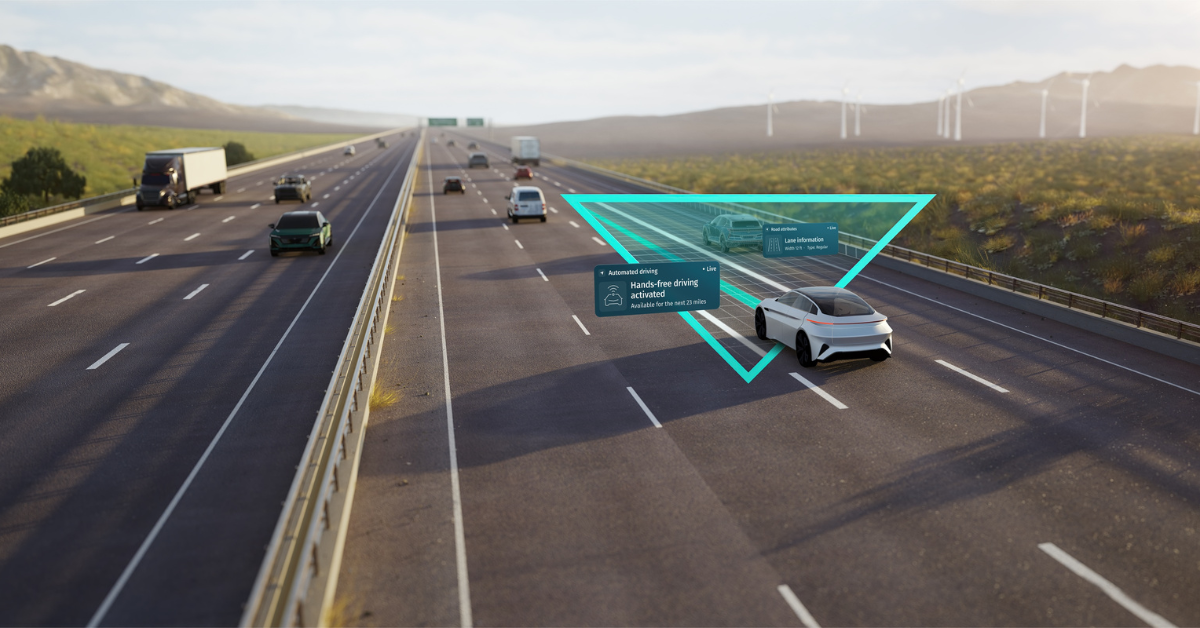text1
What makes two of Greece’s smartest cities smart? Intertraffic goes behind the scenes of two conurbations at either end of the population scale: 1m-strong Thessaloniki and Trikala, with just over 80,000 inhabitants.
Greece’s second city of Thessaloniki fosters initiatives that encourage smart and sustainable mobility while promoting co-creation and open-innovation through strategic planning and participation in relevant nationally- and internationally-funded projects.
The development of the Sustainable Urban Mobility Plan (SUMP) and the participation in initiatives supported by EIT Urban Mobility (European Institute of Innovation & Technology), the program Horizon Europe and by National funds are just a few examples of the coordinated efforts of the city ecosystem to enhance behavioural changes and improve the quality of urban living towards creating a more liveable urban space for the citizens.
Loading component...
text3
“The Municipality of Thessaloniki (MoT) is proud to be part of the Thessaloniki Smart Mobility Living Lab (ThessM@LL), one of the largest living labs in Europe and a core member of the European Network of Living Labs (ENoLL),” says Mirtsopoulou. “ThessM@LL is a user-driven innovation environment that lies at the centre of an ecosystem of mobility-related stakeholders in the city. It relies on knowledge of mobility patterns obtained through big data analytics and AI techniques in order to plan and operate the mobility system. It includes the Region of Central Macedonia (RCM), the MoT, public and private transport operators and service providers, technology suppliers, universities and research centres/labs. It aims to provide technological solutions for smart sustainable mobility and to support the industry in issues related to smart mobility.”
ThessM@LL is a user-driven innovation environment that lies at the centre of an ecosystem of mobility-related stakeholders in the city. It relies on knowledge of mobility patterns obtained through big data analytics and AI techniques
Loading component...
text5
Both mature and cutting-edge technologies are used side-by-side in order to efficiently handle the data streams and to export the maximum possible value
Adds Mirtsopoulou: “In Thessaloniki, the EIT Urban Mobility RIS Hub Greece has been established in order to connect EIT Urban Mobility, with the local urban mobility ecosystem and to integrate the extended Knowledge Triangle (industry, academia, research and cities) in Greece aiming to accelerate the transition to climate-neutral city mobility and meet the relevant EU targets for 2030.”
Working Together Towards A Common Goal
Αs a result of the coordinated efforts of the MoT, in cooperation with a special working group set up by city institutions and civil society, with the participation of, among others, the Hellenic Institute of Transport of the Centre for Research and Technology Hellas (CERTH-HIT), the Aristotle University of Thessaloniki (AUTH) and the Major Development Agency Thessaloniki (MDAT), the City of Thessaloniki has been selected by the European Commission as one of the 100 Climate Neutral and Smart Cities by 2030. Using EU funding tools, MoT will be able to implement investments to expedite transition to climate neutrality and digital transformation, promote holistic urban planning solutions, apply smart technologies, and flexible energy management systems, also in the field of mobility among other sectors
Loading component...
Loading component...
Share your story
Do you have an innovation, research results or an other interesting topic you would like to share with the professionals in the infrastructure, traffic management, safety, smart mobility and parking industry? The Intertraffic website and social media channels are a great platform to showcase your stories!
Please contact our Sr Brand Marketing Manager Carola Jansen-Young.
Are you an Intertraffic exhibitor?
Make sure you add your latest press releases to your Company Profile in the Exhibitor Portal for free exposure.






